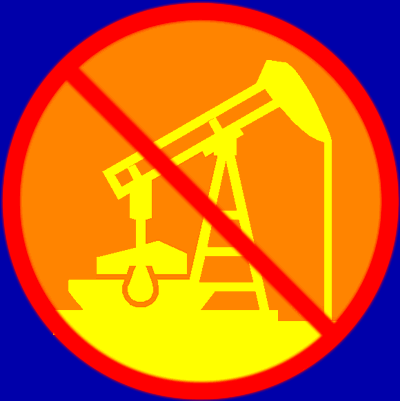Hydrogen Fuel Cells Get Boost From Toyota
 |
SEE ALSO: Fuel Cell Tutorial
From Mac Gordon 05-24-2014
WOODLAND HILLS - The world’s auto industry set off on four new directions in June, each of which will change driver habits, and reduce costs of fuel, up mileage per gallon averages, and permit dealer-installed accessories.
First off and the most impressive change came from sales leader Toyota, which called for hydrogen fuel cell adoption in place of liquid gasoline-universally.
The Japanese automaker’s policy is likely to be replicated on an ASAP basis, as the Japanese industry plus South Korea’s Hyundai/Korea producer keeps pace with the other producers.
Secondly, automaker BMW lifted the curtains on its all-new e-car subcompacts i3v and i8 models, and spurred automakers in every market to open the doors of equal opportunity and joint ventures with each other, with a young CEO at Ford eager for growth.
Ford (Mark Fields) and a young woman engineer at GM (Mary Barra), and veteran Italian at Fiat/Chrysler Sergio Marchionne parts plants now located across borders in South America and Europe, and Volkswagen setting a tone with new diesel plants in Chattanooga, Mexico and Brazil, and BMW are expanding a carbon fiber plant in Washington State at reduced costs for steel and aluminum.
Toyota’s move brushed aside for its part a joint venture of building all-electric RAV4SUVs and Tesla sedans plus sport coupes.
Toyota’s competitive drive has long called for hydrogen cells to keep its vehicles under way, forgoing 100% battery cars like the Nissan Leaf and Tesla sedan and Chevrolet Volt, a hybrid pioneer.
Number one Toyota’s fuel of tomorrow is clearly hydrogen, with stations it finances and dealerships that sell Camry, RAV 4, Sienna and Lexus cars on board.
Toyota President Akeo Toyoda clearly hopes to oversee hydrogen cell vehicles as they roll off all Toyota’s assembly lines. “Oh, what a feeling Toyota!”
Editor’s note: Will Toyota competitor’s line up for hydrogen fuel cells or will rivals tag along? Have they a choice?
During the year in which hydrogen fuel cells are developed and marketed, the newly created or “charger plates” (disks) will enter the aspirated system. The plates will help minimize start-ups from hydrogen tanks and pumps. Charger posts already are in place in busy locations on the West Coast, and steps are underway to furnish service stations with charger plates, which can be inserted in instrument panels by dealers and vehicle owners.
Hydrogen fuel cells now are entering a checkout period, which could last a year, including necessary inspections by federal regulators.
In the meantime, current aspirated engines will be phased out and the public will undergo a “choose your own fuel” basis for hydrogen phase-out/phase-in period designed to insure absolute accommodation of fuel cells to gasoline tanks and pumps.
Toyota and other Asian producers are looking at hydrogen fuel cell transition of dealers and service stations by 2015-16.
The changeover is unlikely to risk any safety problems, with every dealership, service station “going HFC” in their existing fuelling source.
Editors Note: this service expects consumers to continue a choice pattern as between gasoline, hydrogen fuel and 100% battery and hybrid to continue. The buzzwords will remain as is, except for HFC, H2O and MPG (hopefully unchanged!)


